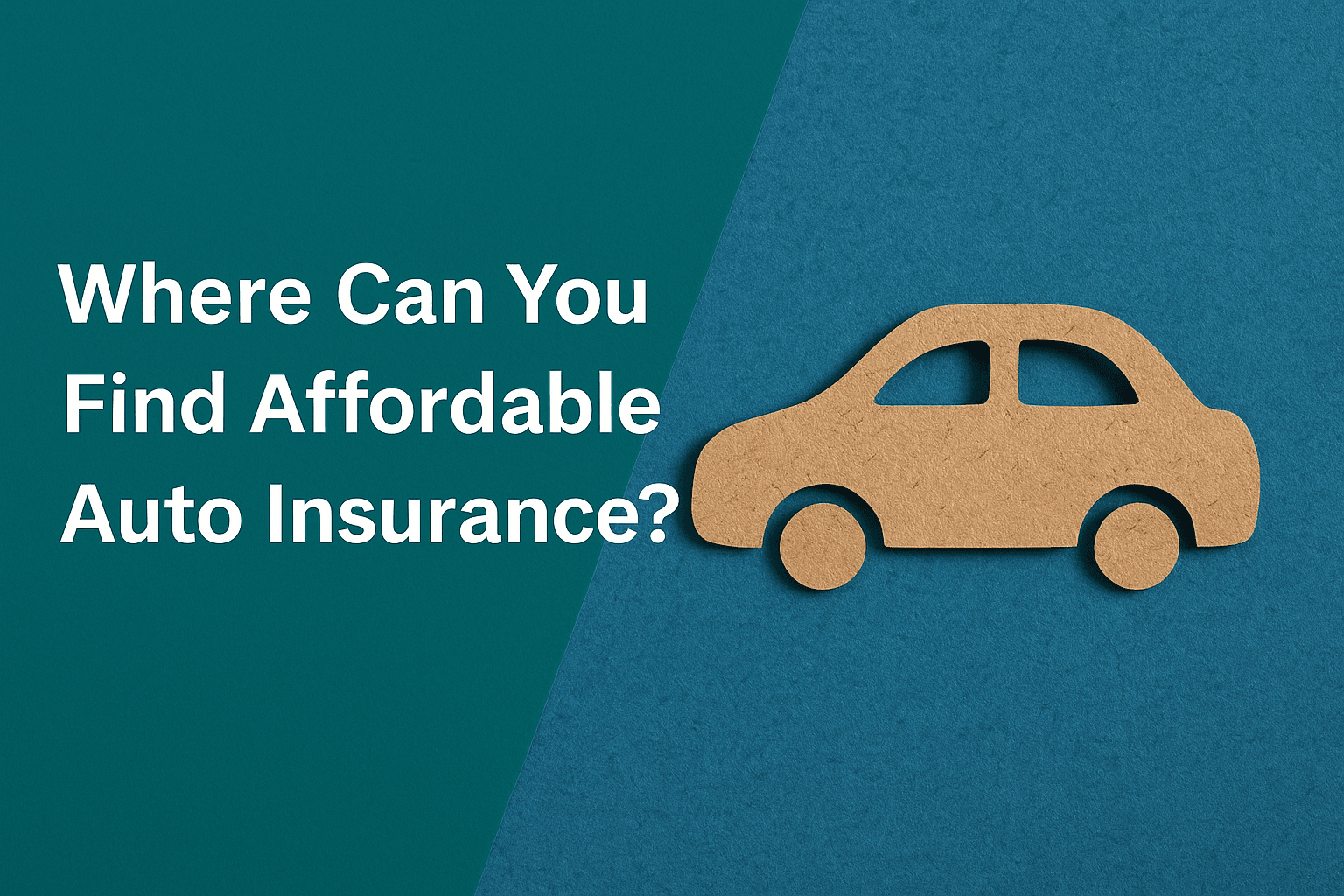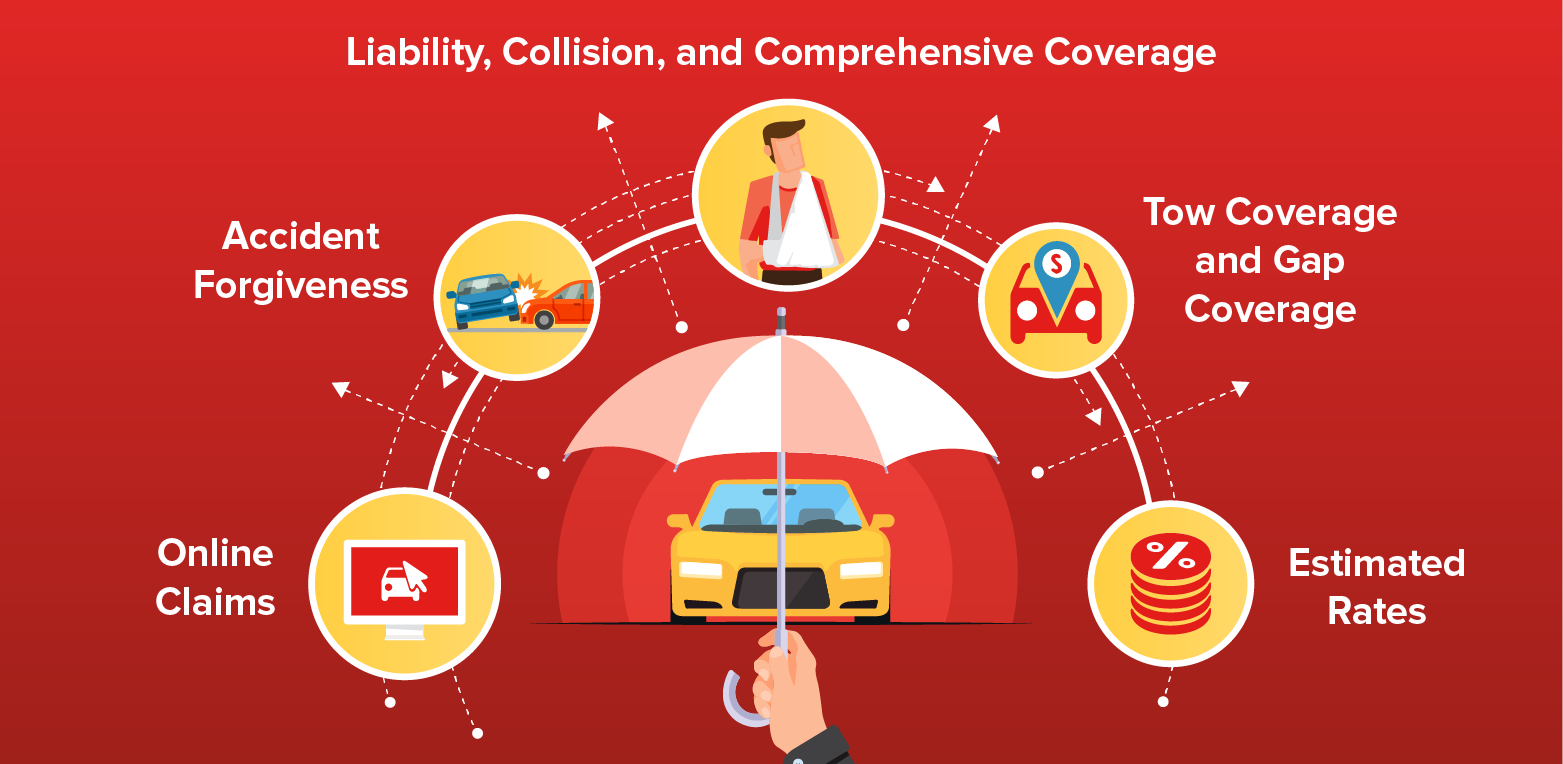Your driving history is one of the key factors that affects your auto insurance rates. Based on your driving history, insurance companies determine how dangerous you are on the road and use that information to determine your premiums. Knowing how your driving record affects insurance costs will help you make informed decisions and possibly lower your premiums. Use our in-depth guide to your driving record to find out more about the variables that affect your auto insurance rates.
Accidents and Restitution
Because accidents affect the likelihood of future claims, insurance companies are extremely concerned about them. An accident indicates to insurers that you are a more dangerous driver, particularly if it was your fault. Your insurance rates may increase as a result of the evaluation’s findings. The severity of the accident, the size of the claim, and your overall claims history are some of the factors that influence how an accident impacts your premiums.
For instance, your rates might not increase as much for a minor fender-bender as they would for a major collision resulting in significant property damage or serious injuries. Regardless of who was at fault, a series of accidents may result in an increase in your insurance rates. Insurers use a history of accidents to estimate the likelihood of future claims because it may indicate a higher chance of future events.
Traffic Violations
Traffic violations, such as fines for speeding, failing to stop at red lights, or changing lanes improperly, may also have an impact on your auto insurance rates. Moving violations are viewed by insurance companies as indicators of careless driving. A history of multiple traffic infractions may indicate a higher risk of accidents and raise insurance premiums.
The impact of traffic offenses on your charges depends on their type and frequency. A single speeding ticket could result in a slight increase in premiums, but multiple violations in a short period of time could result in a significant increase. The seriousness of the infraction should also be taken into account; for instance, if you are caught speeding or acting carelessly, your insurance rates may be considerably impacted more than if the infraction was minor.
Driving Under the Influence Acquittals
The severity of driving under the influence (DUI) has a significant impact on your auto insurance rates. A DUI conviction indicates a history of reckless driving, which indicates a high level of risk. After a conviction for driving under the influence, insurance companies increase rates due to their high level of vigilance.
If a DUI conviction makes you a high-risk driver, you might need to obtain certain high-risk insurance coverage. Because a DUI conviction carries a higher risk, this type of insurance is frequently more expensive than standard coverage. Another thing to think about is that even after a DUI conviction has been expunged from your record, your insurance rates may still be affected for a while.
The Points You Earn for Your License
Several states use a point system to track traffic violations. Every infraction or traffic infraction adds points to your driving record. If you have a history of points on your license, which indicates that you drove carelessly, your insurance rates may increase. Points typically remain on your record for a set period of time, though this may vary by state.
Your license point total will be used by your insurance provider to gauge your level of risk. Insurance companies may raise your rates if they believe you are more likely to be involved in accidents and make claims if you have a high point total. On the plus side, you can maintain low insurance rates if you have no points on your record.
Insurance Claim Verification
Your entire claims history with the insurance company also affects your premiums. Regardless of whether you have a history of serious accidents or traffic tickets, your insurance rates are still influenced by the quantity and type of claims you submit. For example, a pattern of claims for relatively small losses or theft may lead to a higher premium.
Insurance companies base your rates on the total quantity and type of claims. Even a small or infrequent number of claims can identify you as a driver with a higher risk profile. This can be achieved by decreasing the number of minor claims and keeping a close eye on your claims history.
States may differ significantly in how your driving history impacts your insurance rates and other conditions. Each state’s unique laws and regulations governing auto insurance govern how insurers use driving records to determine rates. One example of a state-specific rule is the period of time that an accident or traffic violation may impact your rates.
Knowing your state’s laws and regulations will make navigating the insurance market easier. In jurisdictions with more stringent regulations, insurance companies might be forced to offer drivers with impeccable records special discounts or to reward safe drivers with lower premiums.
Programs for Accident Forgiveness
By using accident forgiveness programs provided by certain insurance companies, you may be able to mitigate the financial impact of your first accident in which you were at fault. By signing up for one of these programs, you can prevent your insurance rates from skyrocketing following your first accident. To be eligible for accident forgiveness programs, however, there are typically prerequisites, such as maintaining a perfect driving record for a specific period of time before the accident.
You might want to investigate accident forgiveness programs if you want to lessen the financial impact of an accident in which you were at fault. Just be sure to read and comprehend all of the fine print in the program. Not all insurers offer accident forgiveness programs, and their availability may vary by region and insurance company.
Improving Your Academic Achievement
If there are any flaws in your driving record, you might be able to improve it and eventually reduce your insurance costs. By taking defensive driving courses, avoiding more collisions, and maintaining a spotless record, you may eventually lower your insurance rates.
By taking a defensive driving course, you can enhance your driving skills and understanding. Several insurance companies offer discounts to drivers who complete these courses in recognition of the effort made to improve driving habits. Additionally, if you maintain a spotless record and don’t commit any new violations, insurers may lower your premiums because they can see that you are less of a risk.
You can choose your driving style and policy more wisely if you are aware of how your driving history impacts your auto insurance rates. Your driving history, including accidents, infractions, and claims, is a major factor in determining your insurance rates. Maintaining a clean driving record, avoiding frequent claims, and being aware of state laws and programs can all help you get the best insurance rates and ensure that you’re paying a fair amount for your coverage.








